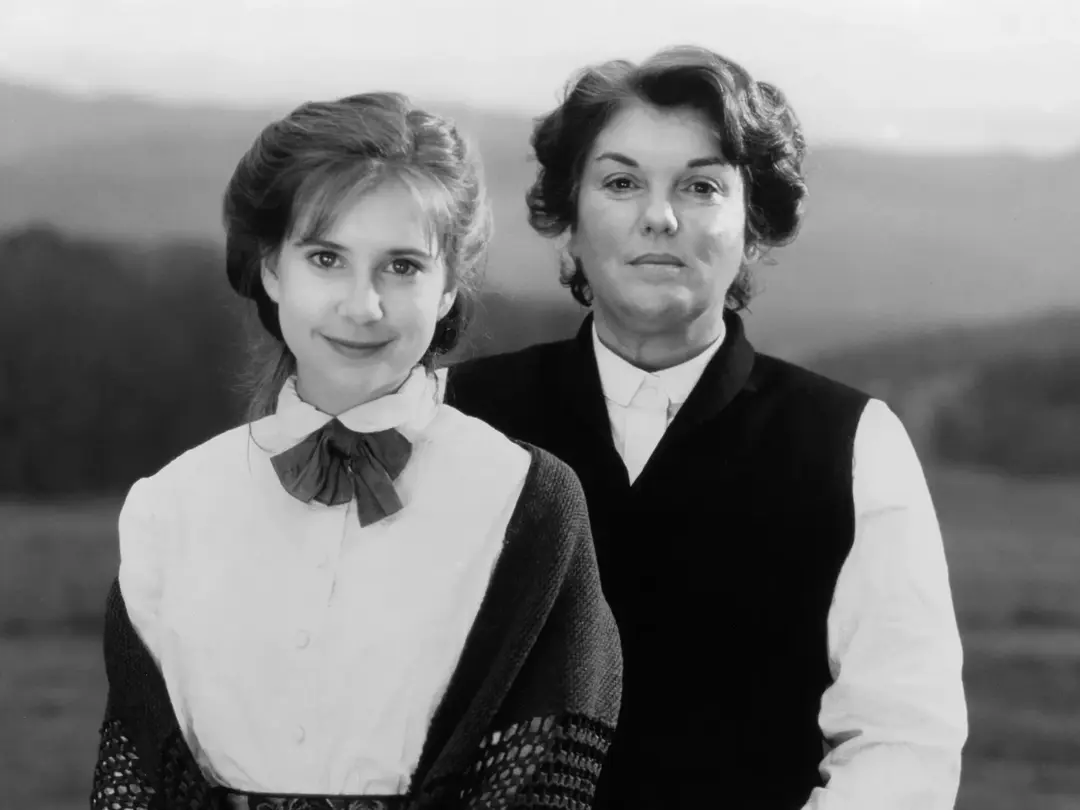by David Briggs
AP Religion Writer
The main characters explore questions of faith as if their beliefs mean something.
A minister talks to his flock about sin and forgiveness. A schoolteacher asks God’s help in reaching a student. A Quaker character berates herself for using the threat of violence to prevent bloodshed. The shocking thing is this blatant display of religion is all taking place on prime-time television.
These scenes from the new CBS show Christy are only the most recent example of faith’s newfound respectability on the small screen. Other recent shows such as Thea on ABC, Dr. Quinn, Medicine Woman on CBS and Against the Grain on NBC have treated faith respectfully.
“Prime time is on the right track; it should stay on it,” said the authors of a study done by the conservative Alexandria, Va.-based Media Research Center. However, defenders of secular lifestyles should fear not. The shows do not signify a mass conversion of television producers to the recognition that faith is important to the vast majority of their audiences, according to the Media Research Center report and another new study that indicates religion is largely ignored or belittled in prime time. In a study published in the recent issue of the Review Of Religious Research, researchers from the University of Dayton, Northwestern University Medical Center and Duke University Medical Center examined a random sample of 100 episodes of network television in 1990. Out of 1,462 characters only 82, or 56 percent, had an identifiable religious affiliation. Further, five of the 82 characters were religious cult members, while no characters were portrayed as members of the Jewish faith.
If few characters have an identifiable religious affiliation, even fewer engage in prayer, attend church or participate in group religious activities, the study found. “The data clearly indicate that the exploration of religion and spirituality in the lives of fictional characters is nearly invisible on network television,” the researchers concluded.
In the Media Research Center study, researchers found only 116 treatments of religion in more than 1,000 hours of prime-time programming in 1993. “Those who assert that sitcoms, dramatic series, telefilms and miniseries engage in relentless religion-bashing are wrong…. It is clear that Hollywood ignores religion far more than it demeans it,” said the study, “Faith in a Box: Prime Time on Religion.”
When religion is mentioned on prime time, it is often in a demeaning way, such as when characters in NBC’s Cafe Americain joked about making love in a confessional or when a character playing a Protestant minister on Picket Fences on CBS said the Vatican opposes contraception because a population explosion would help it achieve world domination, the study found.
